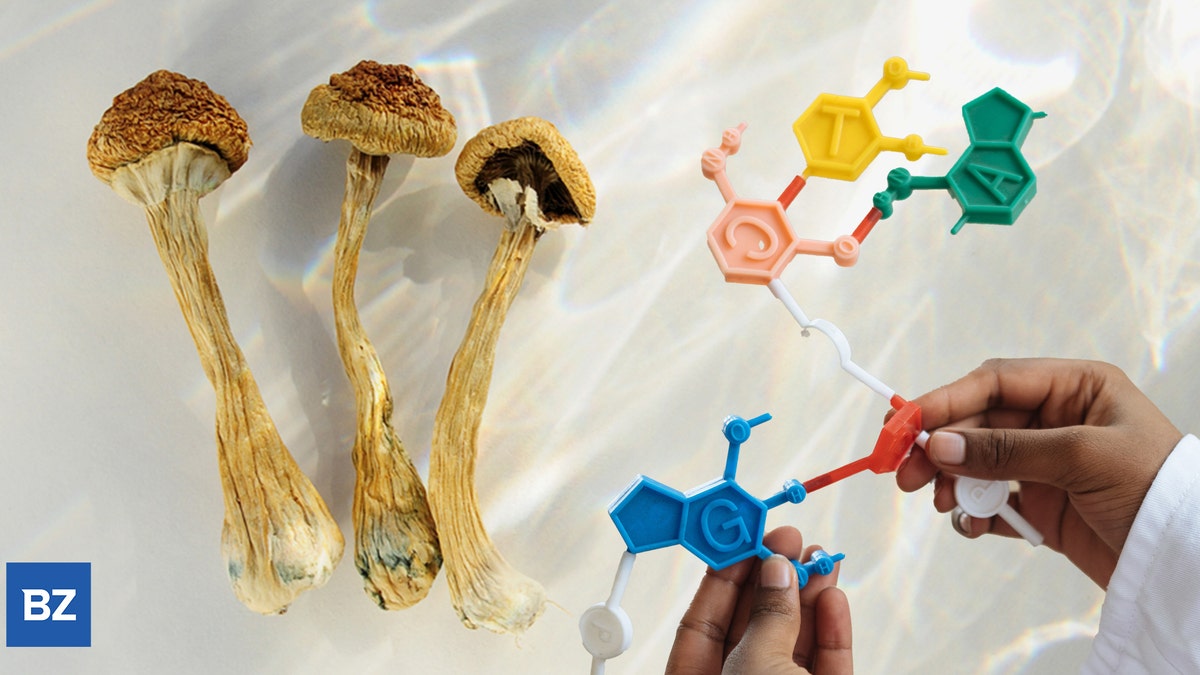
Positive long-term follow-up data from Sunstone Therapies’ investigator-initiated Phase 2 study evaluating COMPASS Pathways CMPS synthetic psilocybin COMP360 coupled with psychological support for cancer patients with Major Depressive Disorder (MDD) is on the market.
57% of patients experienced sustained remission of depression 18 months after administration of a single dose of 25 mg psilocybin coupled with psychological support, and 64% experienced a robust clinical response
The original phase 2 study was completed in 2021 (see Results). This 18-month follow-up data is believed to be the longest follow-up study of psilocybin therapy in cancer patients ever completed.
See also: Link between cancer and psilocybin: research on this palliative promise
The study evaluated a single, fixed dose (25 mg) of COMP360 in 30 patients with curable and terminal cancer. Cohorts of 3 to 4 patients were administered the psychedelic in a one-to-one therapist/patient ratio, plus a prior group preparation session and two group integration sessions, supplemented by individual therapy. Participants were examined 8 weeks after ingestion.
Twenty-eight of the total of 30 study cohorts participated in the 18-month impact assessment study. Of these, 18 patients (64%) showed a sustained clinical response over a period of one and a half years, while 16 patients (57%) showed remission of depression.
As measured by MADRS scale scores, these results showed that single-dose psilocybin therapy combined with psychological support in patients with cancer and MDD predominantly produced either strong positive effects or direct remission of depression.
“This landmark study is the first of its kind conducted in a community hospital cancer center,” said Dr. Manish Agrawal, CEO of Sunstone and leader of the study. “The results show a significant improvement in these patients’ depression symptoms over the long term and, if replicated in larger studies, could open the door to broader and more rapid adoption of psilocybin therapy…
[ad_2]
Source story

